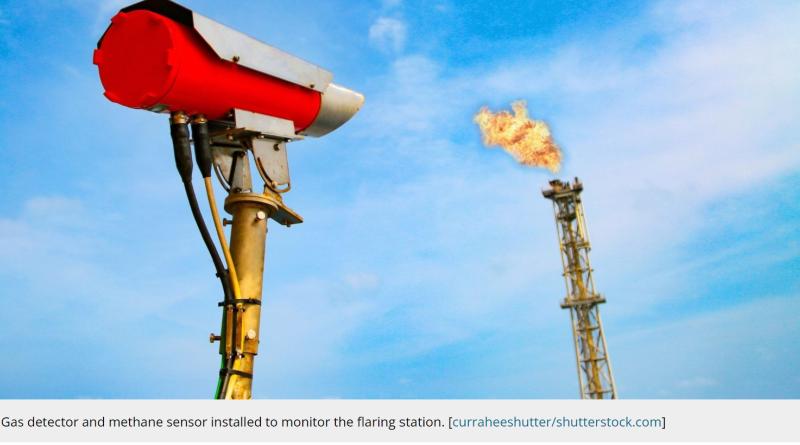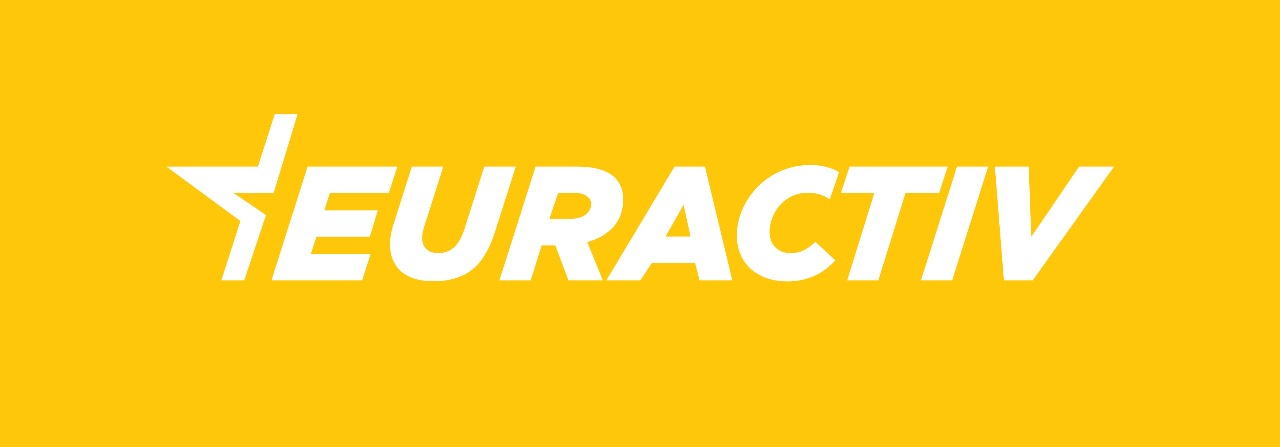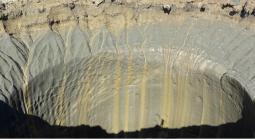EU "declaring war" on energy sector methane emissions

The European Parliament adopted a pioneering new law to reduce methane emissions in the energy sector on Wednesday (10 April), but the oil and gas sector quickly pointed to potential implementation problems.
The text was adopted by a large majority (530 votes in favour and 63 against) and is the first piece of EU legislation targeting methane emissions in the energy sector. Once national ministers sign off on the text, it will enter into EU law.
Methane is a powerful greenhouse gas, responsible for around a third of net global warming.
The International Energy Agency (IEA) estimates that almost 40% of global methane emissions come from the energy sector. Much of these are a result of leaks or intentional venting of the gas into the atmosphere. The IEA estimates that 70% of the sector’s methane emissions can be reduced with existing technologies.
“This law is an essential new brick in a comprehensive European climate strategy,” said French liberal lawmaker Pascal Canfin, who co-led work on the file.
The text requires oil and gas operators to detect and repair methane leaks, with an obligation to repair leaks above a certain level within five days of detection. Underground and open coal mines will have to measure and report methane emissions on an ongoing basis.
Combating flaring
Flaring, which consists of burning off unwanted gas from oil, gas, and coal deposits, will be banned by January 2025 and venting into the atmosphere by 2027.
The International Association of Oil & Gas Producers (IOGP) reacted against the new restrictions on flaring, saying that it was essential to allow “safety flaring (…) to guarantee the safety of installation operations”.
The regulation also requires EU countries to make an inventory of inactive or abandoned oil and gas wells and draw up mitigation plans. This obligation extends to coal mines that have been closed or abandoned over the last 70 years, and the emissions of these sites must be reported.
Imports – Monitoring but no restrictions
Importers of oil, gas, and coal into the EU will have to show that they have methane monitoring, reporting, and verification procedures, equivalent to European requirements.
But the text does not impose on importers to reduce the methane emissions of their fossil fuel products.
Questioned by Euractiv, German Green lawmaker Jutta Paulus, who co-led negotiations on the text, acknowledged that “80 percent of the methane emissions from coal, oil, and gas consumption are due to imports.”
But with the extension of monitoring to imports of fossil fuels, she argued that “the EU is taking important steps” and emphasised that “the EU is declaring war on methane emissions”.
However, Nareg Terzian, head of strategy and communications at IOGP, warned that “the absence of a consistent international standard for measurement and quantification (…) could lead to non-compliance”.
[Edited by Donagh Cagney /Zoran Radosavljevic]




